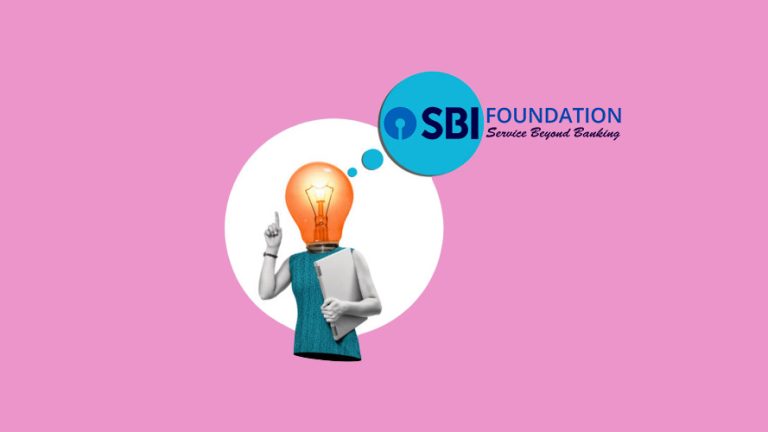The SBI Foundation is empowering women in India who are subjected to gender-based bias and violence.
Indian women experience gender-based discrimination in both the public and private spheres. Because of the intersections of their gender, caste, class, and religious identities, their problems are all the more pernicious and require very targeted interventions. SBI Foundation collaborates with several reputable organizations committed to resolving important socioeconomic issues for women at work or non-working women, that affect women’s empowerment because it understands the immense potential and promises that investing in India’s women has.
By focusing on women’s access to healthcare, secure housing, education, and employment prospects, the SBI Foundation has created, supported, and carried out a wide range of interventions to improve women’s empowerment and standing in society.
1.Reintegration of Trafficking and Violence Survivors through Education, Training, and Sustainable Livelihood
SBI Foundation and the Indian Institute of Banking & Finance (IIBF) teamed up with Kshamata in October of last year in empowering women who had been victims of gender-based discrimination, trafficking, and violence in society by giving them access to relevant training, education, and opportunities for sustainable livelihoods in Maharashtra’s Thane district. The program offers survivors comprehensive personal and professional care and assistance. With the aim of transforming them into self-assured and contributing members of society, a variety of activities have been incorporated into the intervention to enhance their physical and mental health for women’s empowerment.
The 40 women have received life skills training, housing, trauma counseling, and basic literacy. Additionally, 20 women were given job preparation training, vocational skill development, and placement in a variety of positions. In 58 sessions, life skill educators covered topics such as fundamental life skills, grooming, money management, goal-setting, communication, and conflict resolution to help the survivors deal with day-to-day difficulties. 14 girls received training in sewing, while 19 girls received training in tailoring.
A jewellery supervisor was hired to instruct them in the art of designing and creating jewellery. 25 girls were hired and the women at work were given a stipend of Rs. 2000 to work with them in their jewelry-making unit from March to May. Additionally, 14 girls were trained to work as dialysis technicians, medical lab technicians, general duty assistants, hairdressers, etc. Through short- and long-term vocational programs like cyber law.
To assist the women in locating employment that fits their newly gained abilities, Kshamata also works with prospective employers. The employers are made aware of the women’s backgrounds through meetings and chats, and their pasts are kept private. 24 girls in all have found work as lab technicians, retail assistants, specialists in beauty salons, jewellery designers, etc. In order to help more survivors, 2 other nearby smaller satellite Kshamata Transformation Centers with the same features were also built; 10 women currently live in these units. The SBI Foundation has been doing a great job of empowering women in need in India.
2.Swasth Mahila, Swasth Goa
Studies have linked its high incidence to changes in lifestyle, late marriage, etc. Breast cancer accounts for 25% of all cancer cases in Goa. As a result, last October, when the world observed Pinktober to raise awareness of breast cancer, the SBI Foundation and the Indian Institute of Banking & Finance joined up with Yuvraj Singh’s YouWeCan Foundation to establish the “Swasth Mahila, Swasth Goa” project. This enormous two-year, Rs. 1.8 crore project was created to promote breast cancer early detection and prompt treatment.
Utilizing 20 high-tech portable iBreast Exam (iBE) devices, distributed equally among district hospitals, primary health centers (PHCs), community health centers (CHCs), urban health centers, and multiple outreach camps, nearly 35,000 women have been screened thus far with the aim of screening 1 lakh women. For the most neglected women in the most rural parts of Goa, these handhelds, completely wireless, and non-invasive iBreast devices precisely analyze and identify tissue elasticity discrepancies between hard and stiff breast tissue and normal breast tissue. As 957 women were determined to be at risk and urged to seek additional guidance and a diagnosis, while 15 women had already been given the disease’s diagnosis, this project has demonstrated to be the difference between life and death for many who have been subjected to gender-based bias in order to get treated.






Add comment